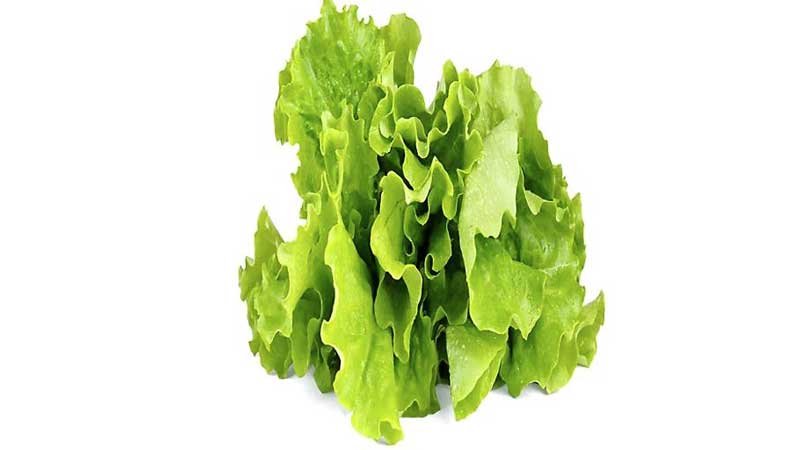Some romaine from parts of California must be tested for E. coli
Tuesday, 14 September 2021 06:28.PM
- Temporary import requirement for fall 2021: some romaine from parts of California must be tested for E. coli. -
To protect Canadians from possible health risks, the Canadian Food Inspection Agency (CFIA) is implementing temporary import conditions for romaine lettuce from the Salinas Valley (Santa Cruz, Santa Clara, San Benito, and Monterey) in California for the 2021 growing season.
Between September 30 and December 31, 2021, importers of romaine lettuce and products containing romaine lettuce from the U.S. are required to provide proof that the product does not originate from counties in California's Salinas Valley, or an attestation form and certificate of analysis for each shipment to demonstrate that the romaine lettuce does not contain detectable levels of E. coli O157:H7.
Similar temporary import conditions were implemented during last year's fall season.
The temporary requirements add an extra level of control to the food safety measures already in place under the Safe Food for Canadians Regulations Act (SFCA) and the Safe Food for Canadians Regulations (SFCR).
As of January 15, 2021, SFCR requirements came into force for most businesses in the fresh fruits or vegetables (FFV) sector that import, export or engage in interprovincial trade.
Under the SFCR, FFV businesses, including those who import romaine lettuce, are now required to obtain a Safe Food for Canadians licence and maintain:
- preventive controls that address food safety hazards;
- preventive control plans that document risks to food and how they are addressed; and
- traceability documentation that tracks the movement of food one step forward and one step back in the supply chain.
From 2016 to 2019, romaine lettuce from California was linked to outbreaks of E. coli illnesses in the United States and Canada. Food safety investigations by Canadian and U.S. authorities identified the Salinas Valley growing region as a recurring source of E. coli outbreaks. As a result, the CFIA is working closely and collaboratively with the U.S. Food and Drug Administration (FDA) to identify and respond to any potential outbreaks.
Additional safeguards
Canada maintains specific import requirements to minimize potential hazards associated with romaine lettuce. For example, the importation of leafy greens from California is limited to products supplied by certified members of the California Leafy Greens Marketing Agreement (LGMA). LGMA certified members must adhere to food safety requirements subject to regular audits by the California Department of Food and Agriculture.
The CFIA has a regular monitoring program for E. coli O157:H7 in fresh vegetables. Since April 1, 2019, in addition to the regular monitoring program, the CFIA added 1,000 samples per year of imported romaine lettuce and products containing romaine lettuce.
For more information, read the CFIA's guidance Import requirements for romaine lettuce from the United States.
Quick Facts
- The CFIA plays a critical role in safeguarding a healthy food supply system, ensuring the foods Canadians eat are safe and facilitating the trade of food and food products internationally.
- Due to growing conditions, Canada imports lettuce from Salinas Valley primarily during the fall months.
- Approximately 40,000 shipments of romaine lettuce or salad mixes containing romaine lettuce were imported into Canada from January to December 2020.
- Romaine lettuce is associated with elevated food safety risks. In Canada, there have been seven documented outbreaks of illnesses associated with romaine lettuce, and 16 recalls of romaine lettuce or products containing romaine lettuce due to E. coli O157:H7 from 2010 to 2019.
- Under the CFIA's temporary import requirements, romaine from Salinas must be tested in a laboratory accredited by an accreditation body that is a signatory to the International Laboratory Accreditation Cooperation (ILAC) Mutual Recognition Agreement (MRA).
- In 2020, the CFIA imposed temporary import conditions for romaine lettuce from the Salinas Valley between October 7 and December 31. There were no E. coli outbreaks in Canada related to lettuce from that region.
SOURCE: Canadian Food Inspection Agency (CFIA)
- Related materials:
